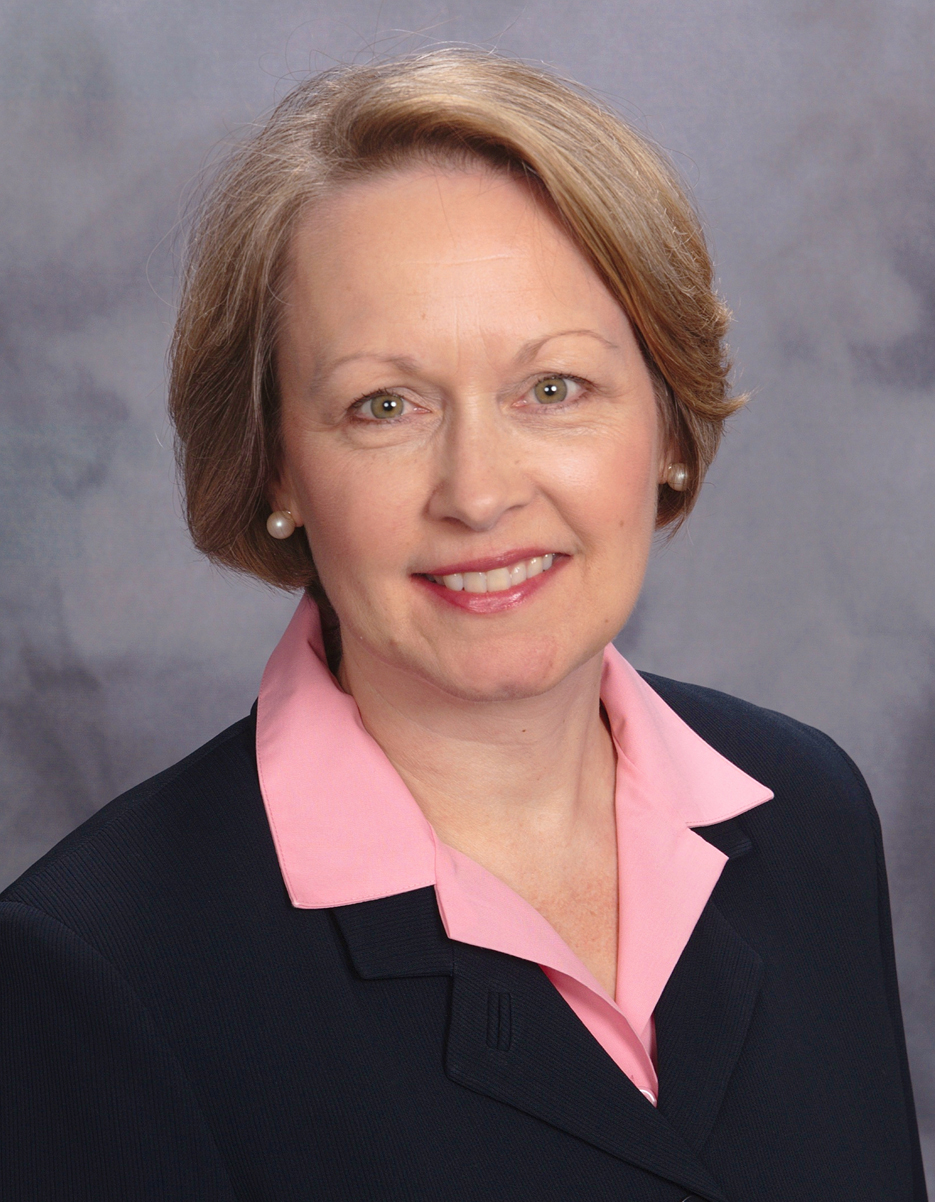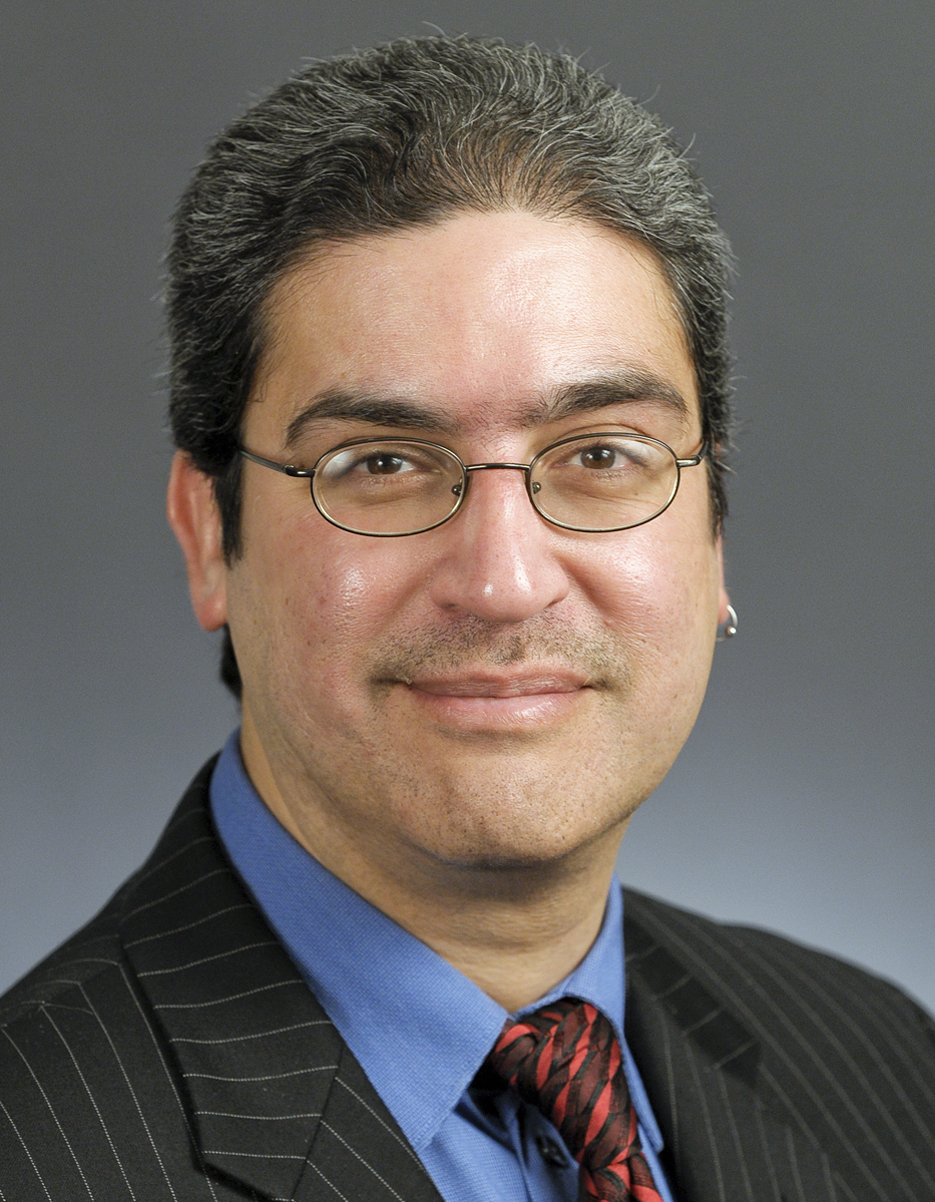House Education Finance Committee approves omnibus bill
The House Education Finance Committee voted along party lines Thursday to approve an omnibus education bill that would increase E-12 spending over the next two years by $157 million and includes myriad policy reforms that Republican members praised as innovative in their approach to improving the quality of education for all students.
Sponsored by Committee Chair Rep. Jenifer Loon (R-Eden Prairie), HF844 includes a 0.6 percent increase to the per-pupil basic funding formula and devotes many of its proposed reforms to closing the achievement gap. Those provisions range from a $30 million increase in early learning scholarship dollars for low-income families to reforms to teacher licensure and seniority-based layoff policies.
The bill was referred to the House Taxes Committee. A companion, SF811, sponsored by Rep. Chuck Wiger (DFL-Maplewood), awaits action by the Senate Finance Committee.
Rep. Ron Kresha (R-Little Falls) said that while the House spending target for E-12 is lower than those of the Senate ($350 million in increased spending) and Gov. Mark Dayton ($695 million increase), he believes the bill would allow school districts to continue to meet the needs of their students while making added investments in early education.
“This bill, and the work it accomplishes in early learning, will make a difference in ways that we cannot make just by passing laws down here [at the Legislature],” Kresha said.
DFL members tempered their criticism that the appropriations don’t match expectations of education stakeholders with praise for some of its policy-based provisions. But, they ultimately concluded its proposed solutions are “not workable” for students, families, teachers and school districts.
“The document you have before you … does not reflect the expectations of the people that came to us in January, February and March and testified what they needed for their school districts to move on rather than catch up,” said Rep. Mary Murphy (DFL-Hermantown).
Murphy expressed disappointment that the bill did not include at least a 1 percent increase to the basic funding formula.
Lobbyists for Education Minnesota, the state’s predominant teachers’ union, and school board and school administrator organizations said the bill’s appropriations would force local communities to make a choice between raising their levy amounts or cutting school resources and laying off staff.
“I just can’t understand how in the big picture with a $2 billion surplus we are only adding a half-percent to the formula,” said Rep. Yvonne Selcer (DFL-Minnetonka).
Debate over integration funding changes
While the omnibus education bill incorporates measures that the committee has heard throughout the session, a proposed change to a state program that funds school integration efforts was not among those previously vetted.
This upset DFLers, including Rep. Carlos Mariani (DFL-St. Paul), who unsuccessfully offered an amendment to delete the provision that he said would effectively fritter away the work that past Legislatures had worked on to develop resources to combat racial inequities in the education system.
“It’s unseemly for us as a body to take this action at this point in time because we have had no conversation about this program and these statutes throughout this entire session,” Mariani said.
While the proposed language of the bill would amend the Achievement and Integration for Minnesota program statute to diminish an emphasis on the program’s racial components, Rep. Sondra Erickson (R-Princeton) said the changes would allow districts more flexibility in implementing some of its policies.
“What we’ve done here is offer something a little more specific to assist in closing the achievement gap,” said Erickson.
Related Articles
Search Session Daily
Advanced Search OptionsPriority Dailies
Ways and Means Committee OKs proposed $512 million supplemental budget on party-line vote
By Mike Cook Meeting more needs or fiscal irresponsibility is one way to sum up the differences among the two parties on a supplemental spending package a year after a $72 billion state budg...
Meeting more needs or fiscal irresponsibility is one way to sum up the differences among the two parties on a supplemental spending package a year after a $72 billion state budg...
Minnesota’s projected budget surplus balloons to $3.7 billion, but fiscal pressure still looms
By Rob Hubbard Just as Minnesota has experienced a warmer winter than usual, so has the state’s budget outlook warmed over the past few months.
On Thursday, Minnesota Management and Budget...
Just as Minnesota has experienced a warmer winter than usual, so has the state’s budget outlook warmed over the past few months.
On Thursday, Minnesota Management and Budget...

